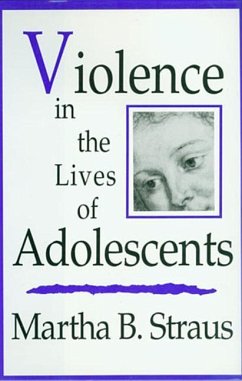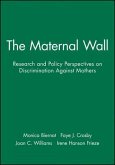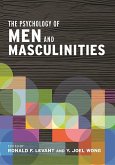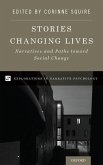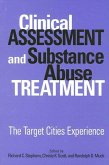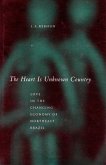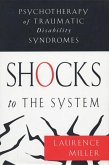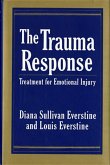The author describes the book's theoretical framework as the ecology of violence; therapists can intervene to stop violence on any of four ecological levels-individual, family, community, social policy. Following a brief history of adolescence in America, Chapter 1 explores the effects of violence on normal adolescent and family development. Chapters 2 through 6 present five case studies, which illustrate the ecological approach to five crucial issues: suicide attempts, sexual abuse/running away, delinquency, juvenile sexual offending, and physical abuse of adolescents. For each case the author not only presents theory and research, but also demonstrates the process of individual and family treatment. The final two chapters discuss community and self-help approaches and social policy development as ways for curbing adolescent violence. Action at these two higher ecological levels, community and social policy, influence the extent to which violence will shape the lives of adolescents; these two chapters suggest that today's victims are not inevitably tomorrow's victims and offenders. Despite the difficulties of living with, working with, and being an adolescent, this developmental period offers wonderful opportunities to break the cycle of violence. To intervene most effectively, therapists have to be able to view violence through personal, professional, and political lenses. This book offers a way to put what we know, and what works, into action.
Hinweis: Dieser Artikel kann nur an eine deutsche Lieferadresse ausgeliefert werden.
Hinweis: Dieser Artikel kann nur an eine deutsche Lieferadresse ausgeliefert werden.

